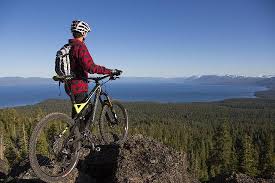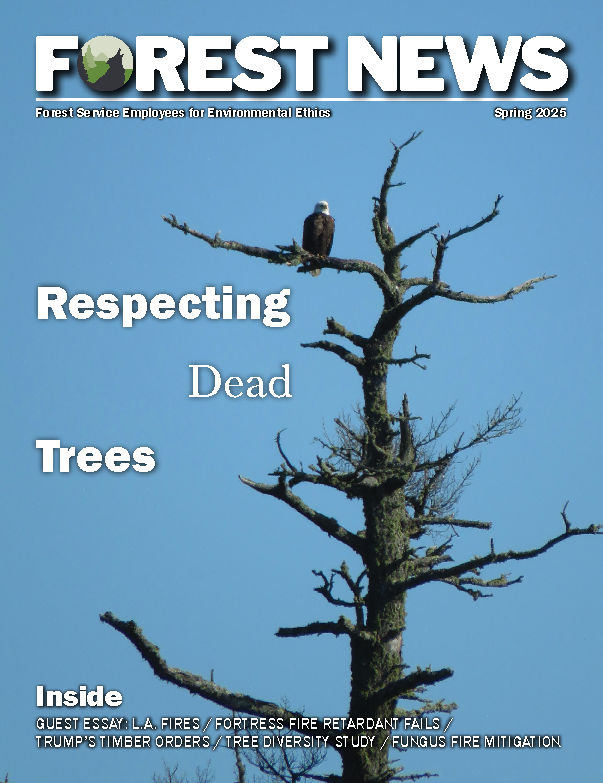Could allowing mountain bikes in federally designated wilderness areas lead to world peace?
That particular argument was not made during a House subcommittee hearing yesterday to consider H.R. 1349, a bill that would amend the 1964 Wilderness Act to allow mountain bikes and other forms of nonmotorized mechanical transport into wilderness areas.
But over the course of a hearing that lasted only about an hour and twenty minutes, Ted Stroll, the president of a California group that advocates for allowing mountain bikes in wilderness areas, cited a long list of benefits for doing so.
California Rep. Tom McClintock, the bill’s sponsor and chair of the House Subcommittee on Federal Lands, and his Republican colleagues on the subcommittee, lobbed a season’s worth of softballs to Stroll, who is president of the San Jose-based Sustainable Trails Coalition.
According to Stroll, allowing mountain bikes in wilderness areas would …
- Get kids away from video games.
“If we want to get young people away from their video screens and, you know, into the wild, we have to do it in a way that they want to do it. Adolescents and children just love riding mountain bikes on trails.”
- Get grandparents off the hook with their grandkids.
“They’re less enamored of being taken out by their grandparents and forced to go on a hike for two hours. They find it kind of boring, in my experience.”
- Prompt those who are opposed to mountain bikes in wilderness areas to seriously self-reflect on their feelings toward their local forest ranger.
“Any people who oppose H.R. 1349 should ask themselves, ‘Why don’t I trust the local forest or parks supervisor to manage a wilderness area?’”
- Allow recreationists to graduate to the modern era.
“People are basically confined to traveling by means that were available in biblical times. And that’s it.”
- Save wilderness by creating an entire new generation of conservation advocates.
“The wilderness traditionalists are kind of, frankly, a dwindling cohort of older people like me in our sixties or above and are not going to provide us sufficient constituency thirty years from now to make wilderness even politically tenable.”
- Help old horses avoid the knacker by allowing hunters to use game carts, rather than pack animals, to haul out their kill.
“I guess the alternatives are you put the elk on the back of some other suffering mammal and cart it out or you have to, I believe the term is, dress it right there in the field, I guess by putting up, like a wooden structure of some sort.”
- Combat illegal marijuana grows.
“In California, there are many wilderness trails that are basically abandoned, and we have marijuana growers moving into wilderness areas because there are no legitimate users there. Cyclists would not only help keep the trails open, both by volunteer work and by sheer use of the trails, we would chase out the marijuana growers.”
- Prevent wilderness visitors who use wheelchairs, as allowed under the Americans with Disabilities Act, from getting into fights.
“The problem is, because everybody thinks that wilderness is only open to hikers and horseback riders, if somebody goes in with an adaptive cycle, or even a wheelchair, nowadays, and they run into hikers who are militantly wilderness purists, they’re going to have an argument over why they’re there. And so the situation is going to be very uncomfortable.”
Toward the end of the hearing, Alan Lowenthal, a Democrat from California, referred to the wide range of opposition to the notion of amending the Wilderness Act to allow mountain bikes in wilderness areas.
“I definitely believe we’re getting a one-sided position today,” he observed, rather dryly.



I don’t about this. I have head no mater how careful a mountain biker is, they easily go off trial and destroy wildflower meadows and other delicate plants, let alone reckless mountain bikers.